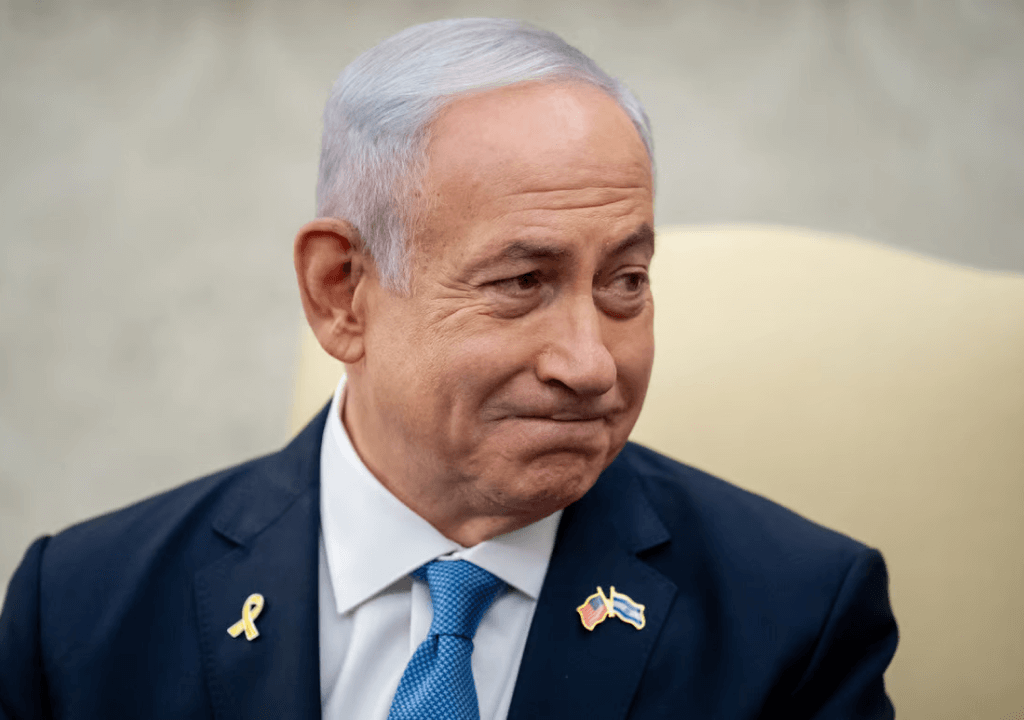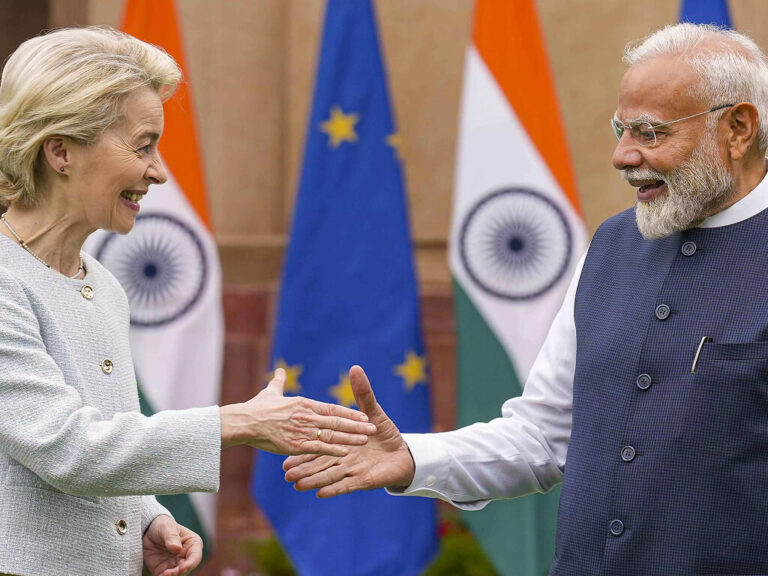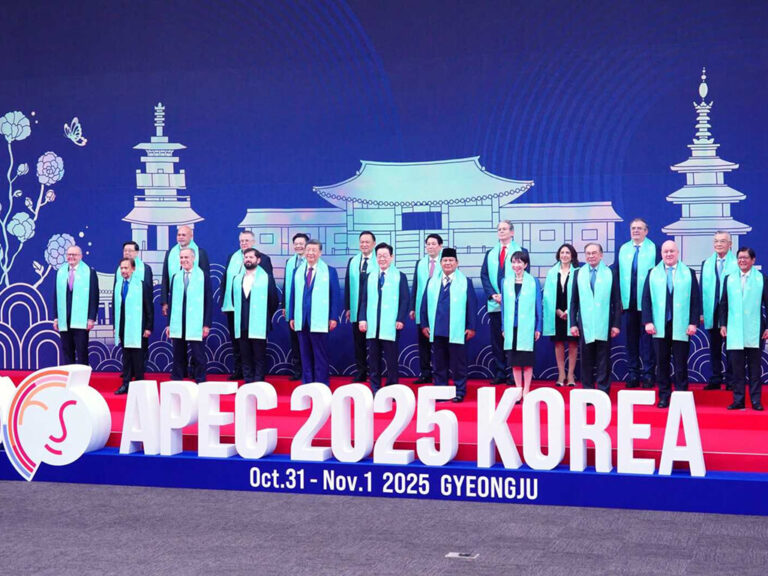International news outlets and social media are celebrating the International Criminal Court’s (ICC) arrest warrant for Israeli Prime Minister Benjamin Netanyahu. Netanyahu is leading a war against Iran’s Axis of Resistance, which has vowed to dismantle the state of Israel. However, the ICC has decided to act during the war. Netanyahu has become the first leader of a modern Western-style democracy to face an arrest warrant issued by the ICC in its 22-year history. He now stands alongside his former defense secretary, Yoav Gallant, and Hamas military leader Mohammed Deif, although doubts remain about Deif’s current status.
The ICC’s three-judge panel stated that reasonable grounds exist to believe Netanyahu and Gallant are criminally responsible for war crimes, including using starvation as a method of warfare, as well as crimes against humanity such as murder, persecution, and other inhumane acts. The panel also found reasonable grounds to hold them accountable as civilian superiors for directing attacks against civilian populations.
While anti-war advocates, leftists, and Islamic groups anticipate that Netanyahu will be forced to avoid international travel, the ICC arrest warrant actually benefits the prime minister in several ways. The warrant significantly bolsters Netanyahu’s narrative that international bodies are against Israel and have no support in fostering peace for the country. With the warrant, Netanyahu can now position himself as a leader in a battle against those seeking Israel’s destruction, a role that aligns seamlessly with his political strategy.
The ICC depends on its 124 member states, signatories of the Rome Statute that established the court, to enforce arrest warrants. These countries are obligated to arrest individuals wanted by the ICC if they enter their territory. However, neither Israel nor its closest ally, the United States, are members of the ICC, nor are Qatar and Egypt—potential venues for ceasefire talks. Netanyahu remains free to visit Russia, China, India, and other influential nations as they all are not member states. On the other hand, Germany, a strong ally of Israel, is an ICC member, as are all European Union nations, Switzerland, Japan, Australia, and most Latin American countries, with the exceptions of Cuba and Haiti. Still, it is uncertain whether these countries will act against Israel and the United States in favor of the ICC’s warrant. Last year, Vladimir Putin avoided visiting South Africa amid speculation that authorities might detain him under an ICC warrant for Russia’s invasion of Ukraine. Yet, he was warmly welcomed in Mongolia, an ICC member state, exposing the persistent weaknesses in the court’s enforcement mechanism.
The US strongly criticized the ICC’s decision, with President Joe Biden calling the arrest warrants outrageous in a Thursday night statement. The US National Security Council also issued a statement rejecting the court’s decision, reiterating that the ICC lacks jurisdiction over the matter. This position contrasts with the US’s earlier support for the ICC’s warrant against Vladimir Putin for alleged war crimes in Ukraine. Netanyahu’s office condemned the ICC’s decision, labeling it antisemitic and describing the court as a biased and discriminatory political body.
The ICC’s verdict has united Israeli politicians, with Benny Gantz, a retired general and political rival of Netanyahu, condemning the decision as moral blindness and a shameful stain of historic proportions that will never be forgotten. Israel is clearly using the ICC arrest warrant as an opportunity to attack the international body, which has previously recognized Palestine. Palestine joined the Rome Statute in 2015, and in 2021, the ICC recognized it as a state, extending its jurisdiction to territories occupied by Israel since 1967, including Gaza, the West Bank, and East Jerusalem. However, this recognition has had little practical impact. Many parts of Palestine lack functioning governance or administrative systems, and Hamas has no means to arrest Netanyahu. So, The ICC’s rulings, while symbolically significant, remain largely ineffective in practice.








